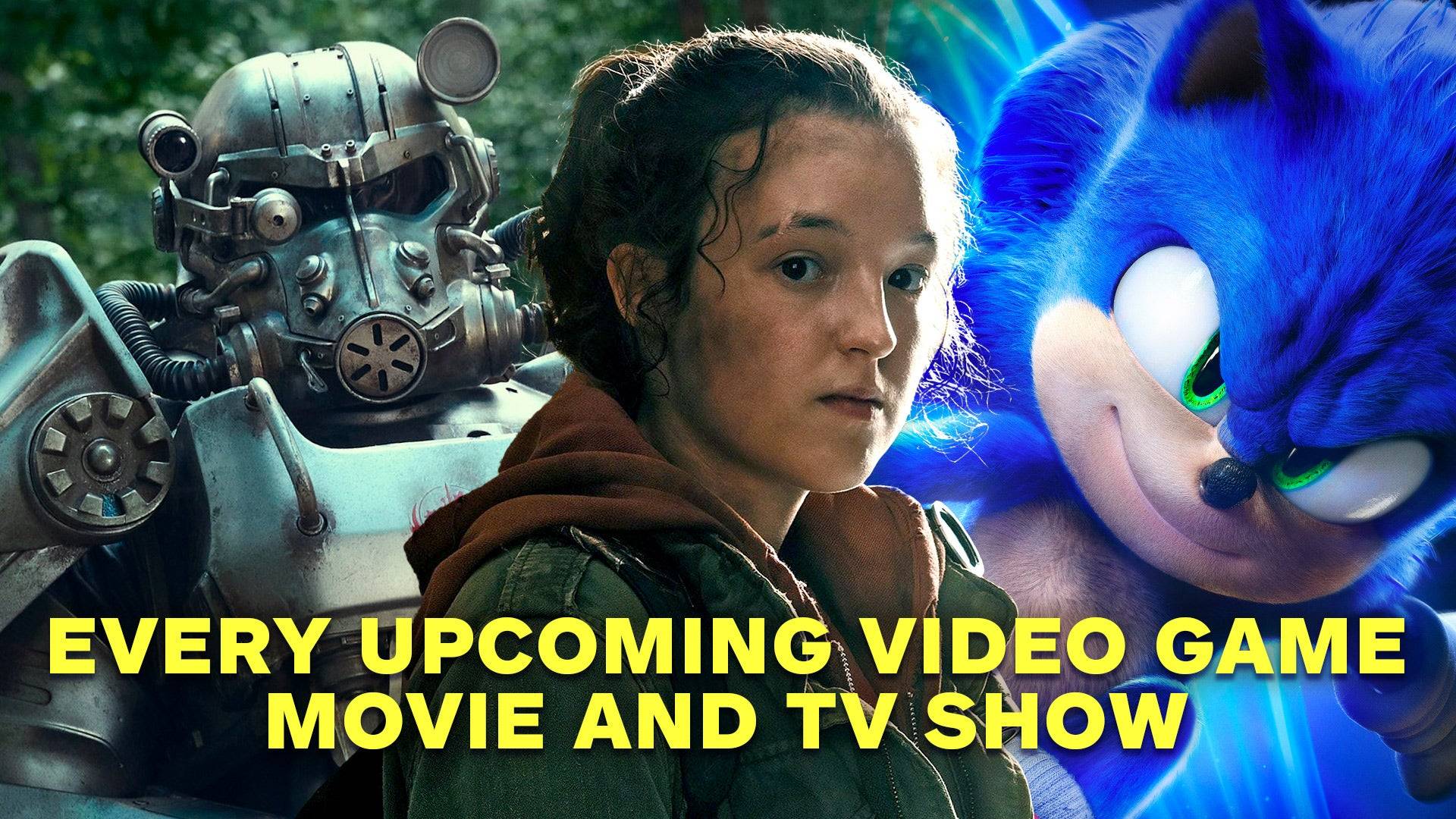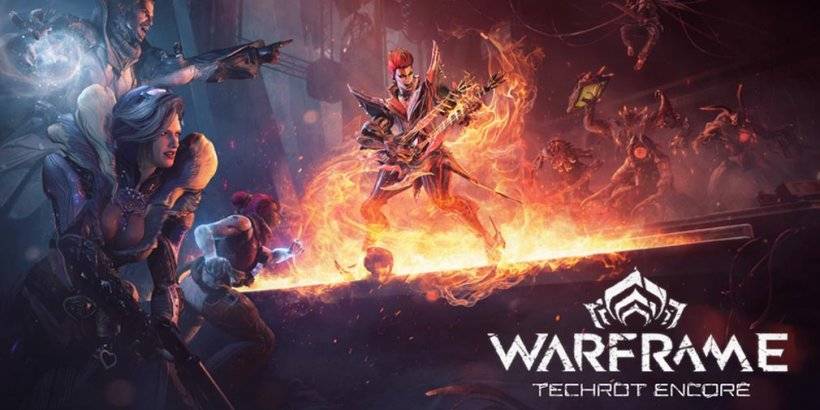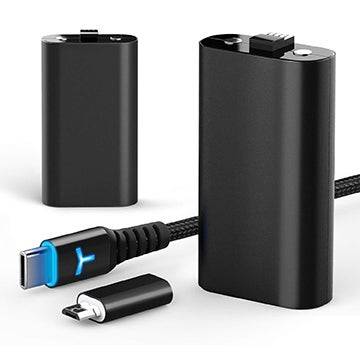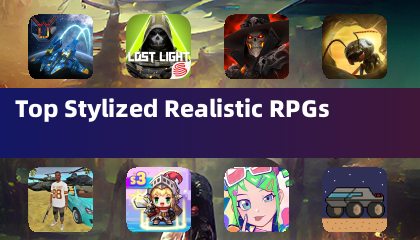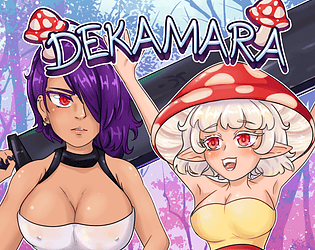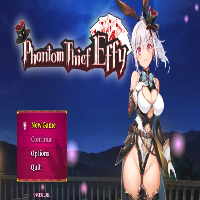Activision recently stirred the gaming community by unveiling advertisements for new projects within its well-known franchises, including Guitar Hero, Crash Bandicoot, and Call of Duty. However, the buzz wasn't about the announcements themselves, but rather the revelation that these promotional materials were generated using neural networks.
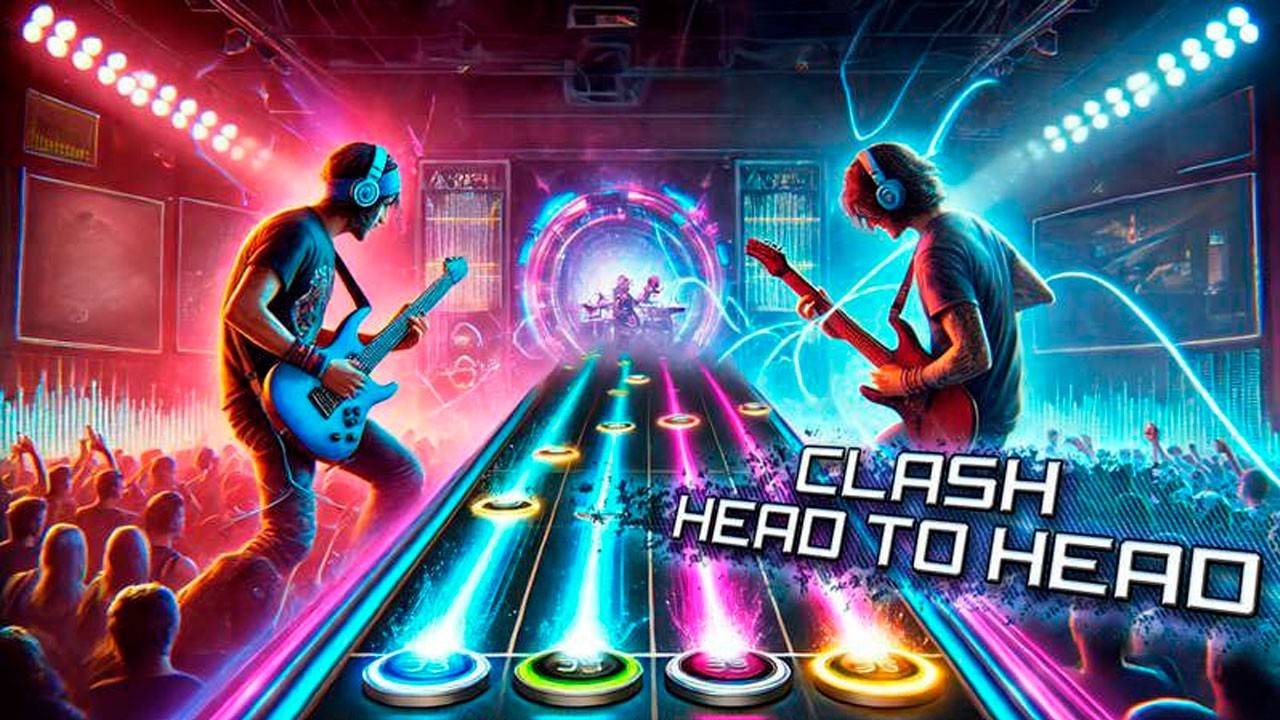 Image: apple.com
Image: apple.com
The initial advertisement surfaced on one of Activision's social media platforms, promoting Guitar Hero Mobile and directing users to a pre-order page on the App Store. The unusual, almost surreal visuals in the ad quickly caught the community's attention, triggering widespread discussions. Subsequent reports revealed that other mobile titles from Activision, such as Crash Bandicoot Brawl and Call of Duty Mobile, also showcased AI-generated artwork in their promotional materials. At first, many suspected that Activision's accounts might have been compromised, but it was later clarified that this was a deliberate marketing strategy.
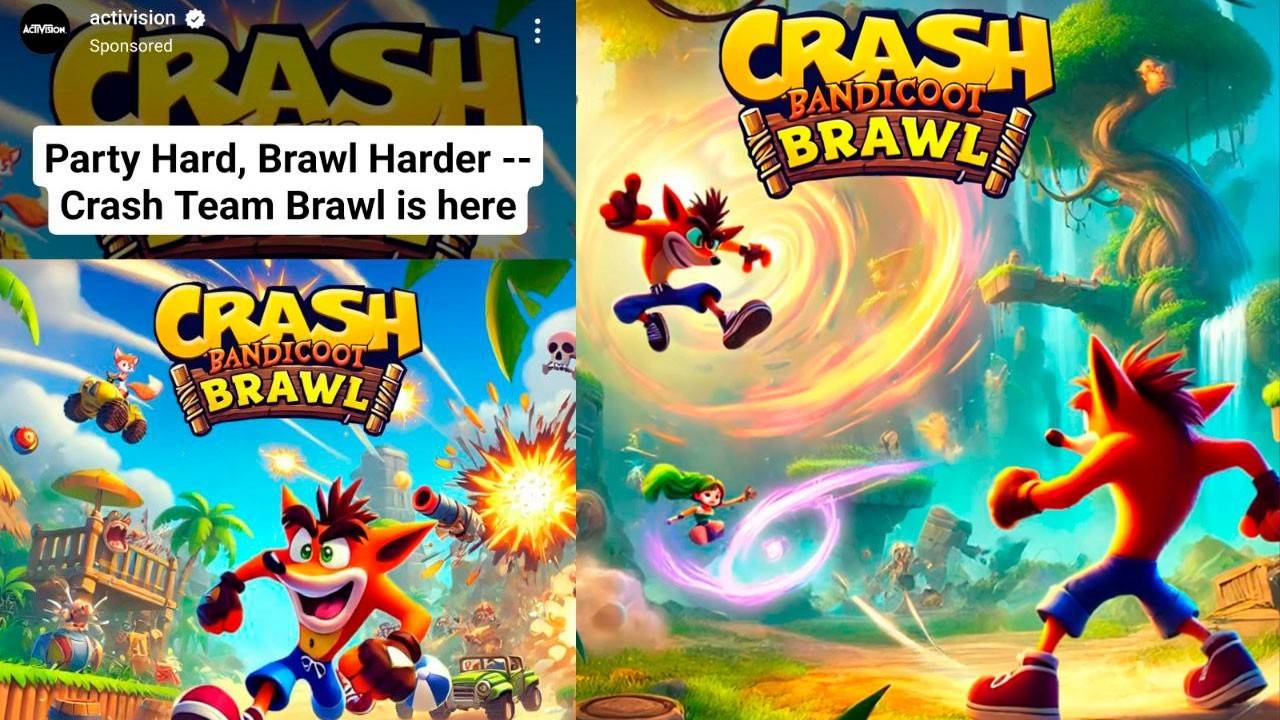 Image: apple.com
Image: apple.com
The reaction from the gaming community was overwhelmingly negative. Fans and critics alike slammed Activision for choosing generative AI over collaborating with professional artists and designers. There were widespread fears that this move might lead to games becoming "AI garbage." Some even drew unfavorable comparisons to Electronic Arts, notorious for its contentious decisions in the gaming world.
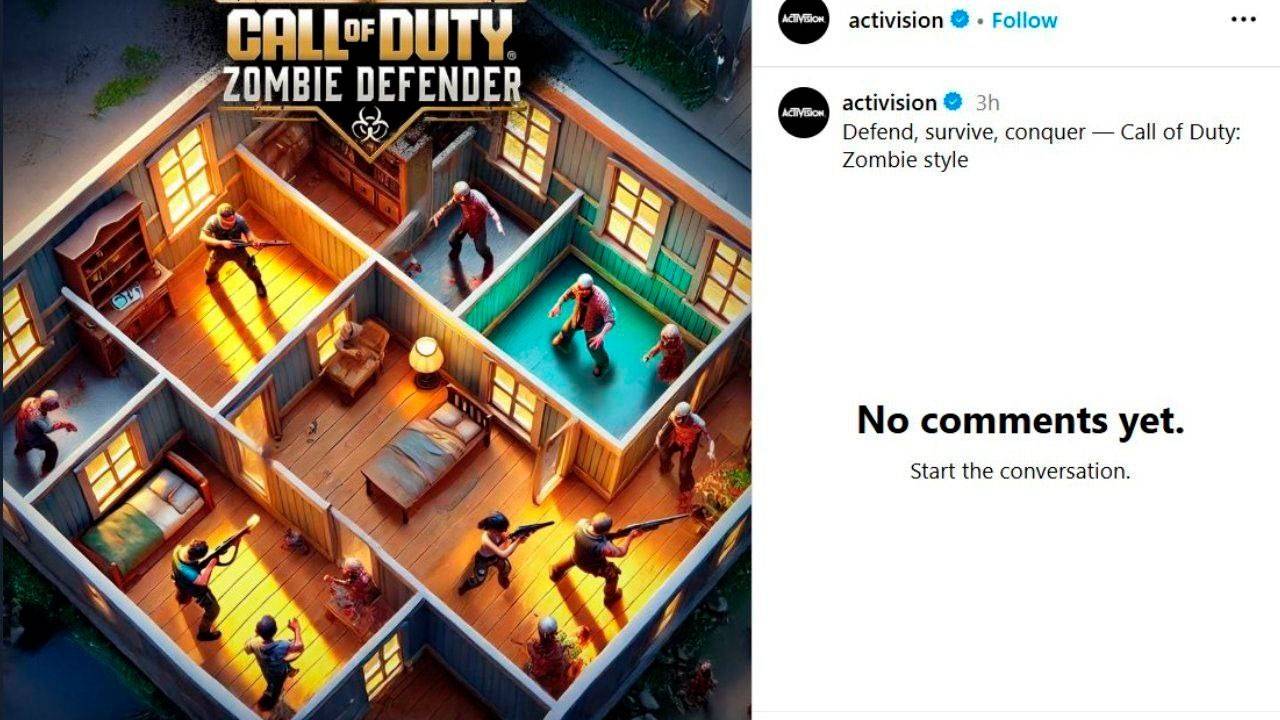 Image: apple.com
Image: apple.com
The use of AI in both development and marketing is becoming a hotly debated issue for Activision. The company has confirmed that neural networks are being employed in content creation for Call of Duty: Black Ops 6.
In response to the backlash, Activision removed some of the contentious promotional posts. It remains uncertain whether these games will actually be released, or if the company was merely gauging public reaction with these provocative materials.

 Image: apple.com
Image: apple.com Image: apple.com
Image: apple.com Image: apple.com
Image: apple.com LATEST ARTICLES
LATEST ARTICLES 